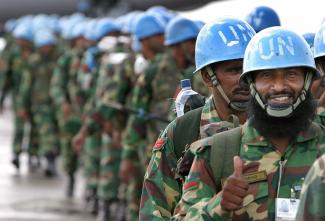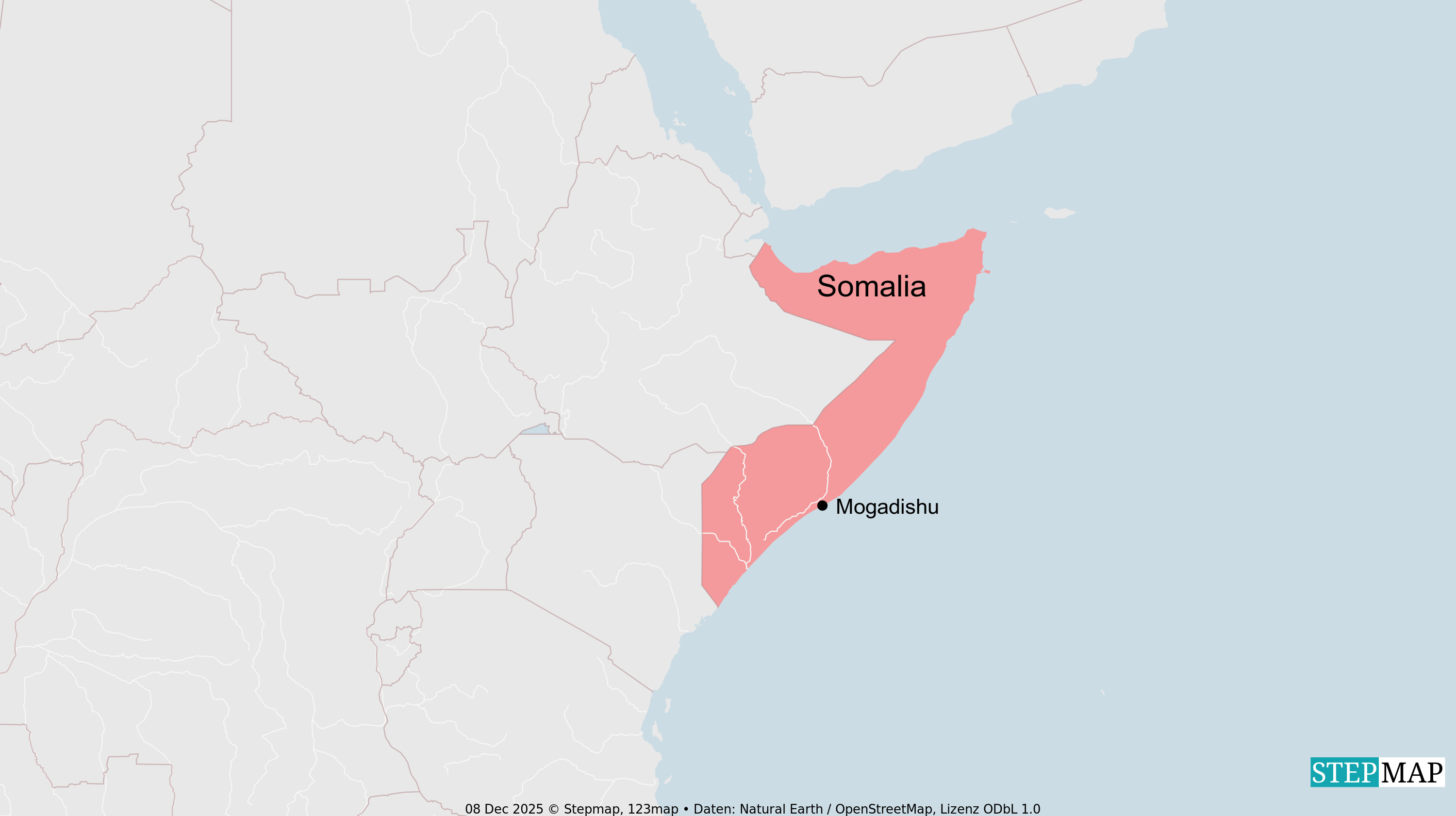Multilateral cooperation
Think global, act local

Before Bali, many observers had feared the WTO would never deliver. Governments have recently been shying from multilateral commitments. The narrowing focus on domestic interests was evident at the UN climate summit in Warsaw in November for example. The world is not substantially closer to the global climate agreement it urgently needs now than it was before the event.
Humanity cannot afford governments that focus exclusively on national interests. We face too many challenges that cannot be dealt with at the national level. Preventing ecological disasters is one of them. Fair rules for the global economy and a stable financial architecture are another. Multilateral action is required to fight and eradicate dangerous diseases because drug-resistant strains that develop in one country due to an inadequate health-care system can fast undo progress made elsewhere. Multilateral action, moreover, is required for intervening in civil strife. UN peacekeepers can restore a sense of law and order in a way that national armies cannot because the latter will always be suspected of serving hegemonial interests.
There are many different kinds of global public goods (GPGs). All GPGs have in common that their provision depends on multilateral as well as national action. The snag is that there are few incentives for governments to assume responsibility for GPGs. GPG challenges are so huge they look almost unmanageable. It is tempting to try to let other nations sort out the mess. If they succeed, free riding becomes an option. Why worry about one’s own contributions if one can benefit from others’ efforts? And if more and stronger powers cannot rise to the challenges, what difference can our country make?
That attitude will lead to disaster. There is no alternative to the popular (and grammatically somewhat awkward) slogan: “Think global, act local.” The idea is simple, but delivering on it is not. There tends to be a mismatch of what is needed at the global and domestic levels. Countries that struggle to raise taxes and manage public funds in a way that is conducive to their national development can only be expected to make rather limited contributions to international programmes. Accordingly, capable statehood itself is a GPG. Political will matters too, of course. Even the governments of rising and rich nations find it difficult to reconcile domestic demands with global requirements. Powerful interest groups always have other proposals for spending tax money. And no government likes headlines about aid workers or soldiers being killed abroad.
International development and GPG provision are interrelated. One is not to be had without the other. It inspires hope that GPGs are rising on the international development agenda, especially in the post-2015 debate on how to follow up on the Millennium Development Goals.








